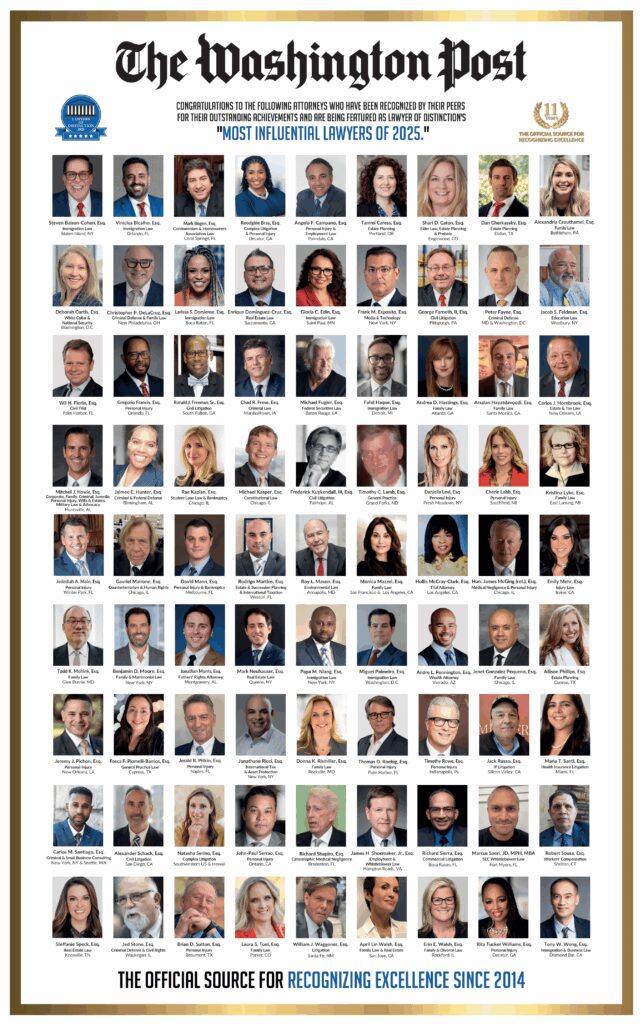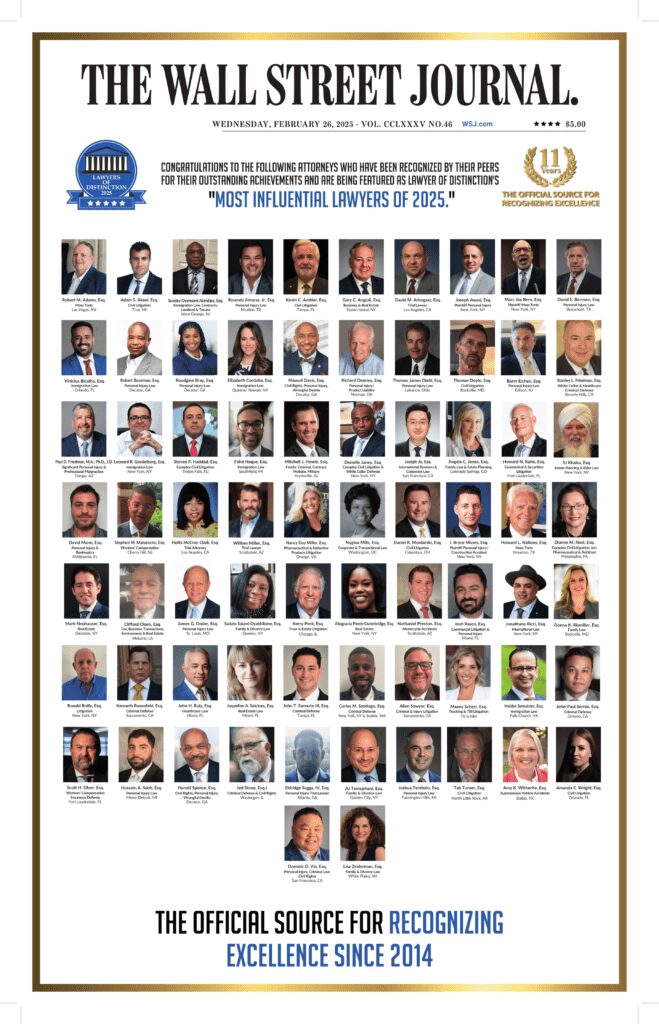The United States Supreme Court heard a key 4th Amendment case on Tuesday, January 9, 2018. The case deals with the search of a motor vehicle. The 4th amendment protects people from warrantless searches in areas in which these people have a reasonable expectation of privacy.
In the case, Byrd vs. United States, the issue is whether an unauthorized driver of a rental car has a reasonable expectation of privacy within the vehicle. Byrd was driving a rental car when he was pulled over by state troopers. After being pulled over, the troopers searched the car and found forty-nine bricks of heroin. Byrd argues that the officers did not have probable cause to search the vehicle, therefore they violated his 4th amendment rights and the evidence should be suppressed. The state countered that they had probable cause to search the car because Byrd was not listed on the authorized driver rental agreement. Byrd argued that the authorized driver rental agreement is only meant to collect fees and for the rental company to shift liability in case of an accident. Byrd argued that despite not being listed on the driver rental agreement, he had a property interest in the rental car, which was violated when the officers searched the car without probable cause.
The United States Court of Appeals for the Third District ruled against Byrd because he was not on the driver rental agreement. The court reasoned that because Byrd was not on the agreement, he did not have a reasonable expectation of privacy in the rental car. As a result, the court held that Byrd could not challenge the search under the 4th amendment. Byrd’s lawyers argue that the ruling will allow police to search rental cars whenever they would like, even if they do not believe there will be evidence of a crime in the car searched.
During oral arguments in front of the United States Supreme Court, Justice Roberts and Justice Alito seemed to side with the government, while Justice Sotomayor seemed to side with Byrd’s argument. If the court rules against Byrd, the decision could potentially impact low income Americans across the country, who are far more likely to use rental cars. It will be very interesting to see how this case develops further.






